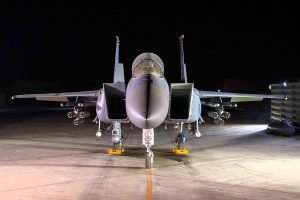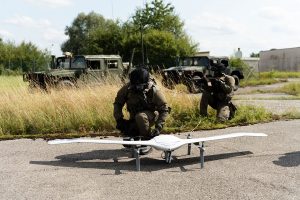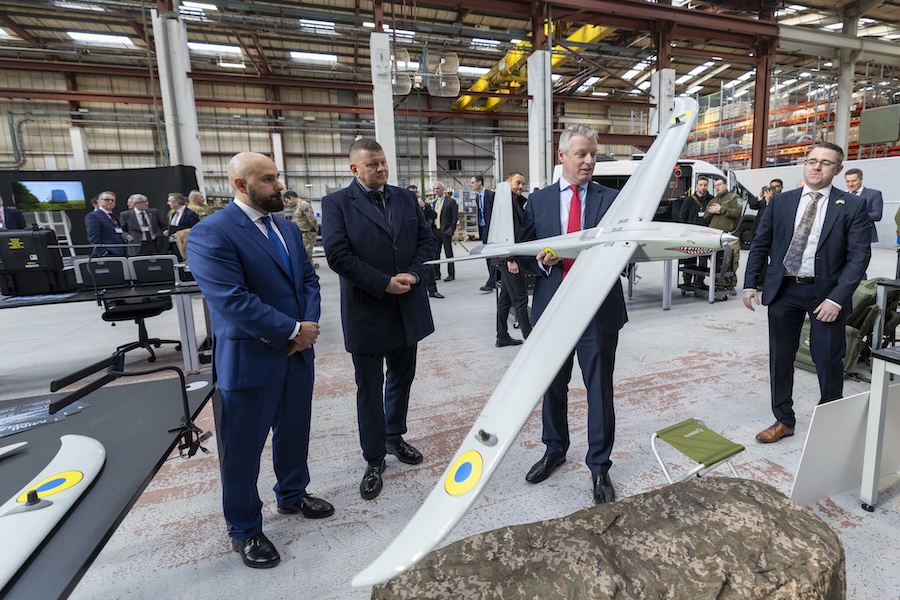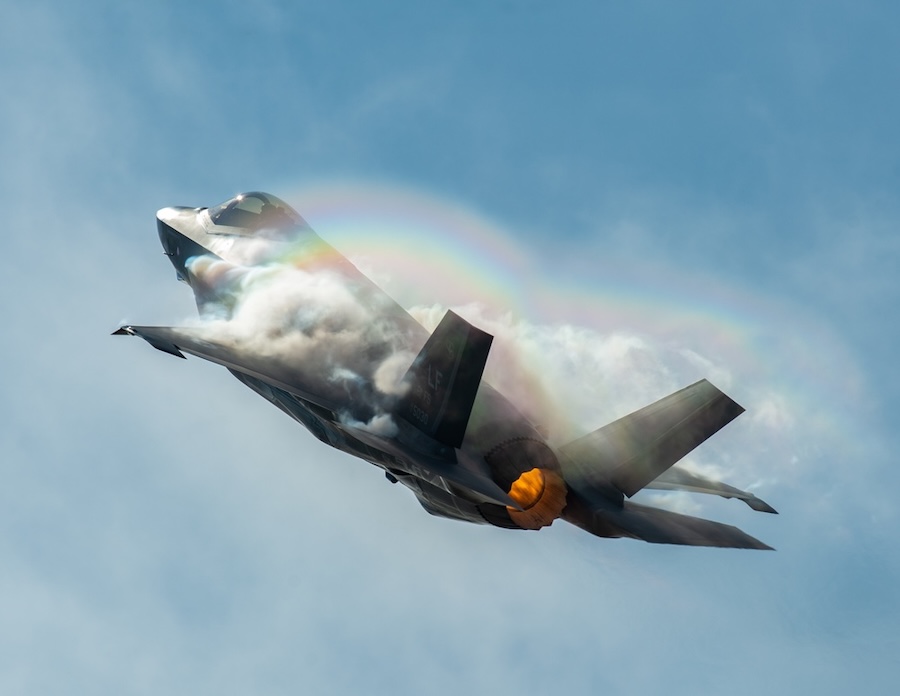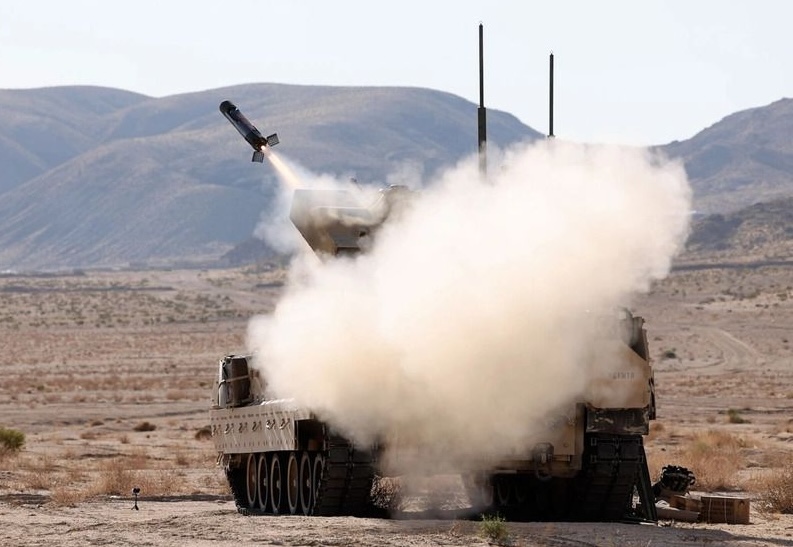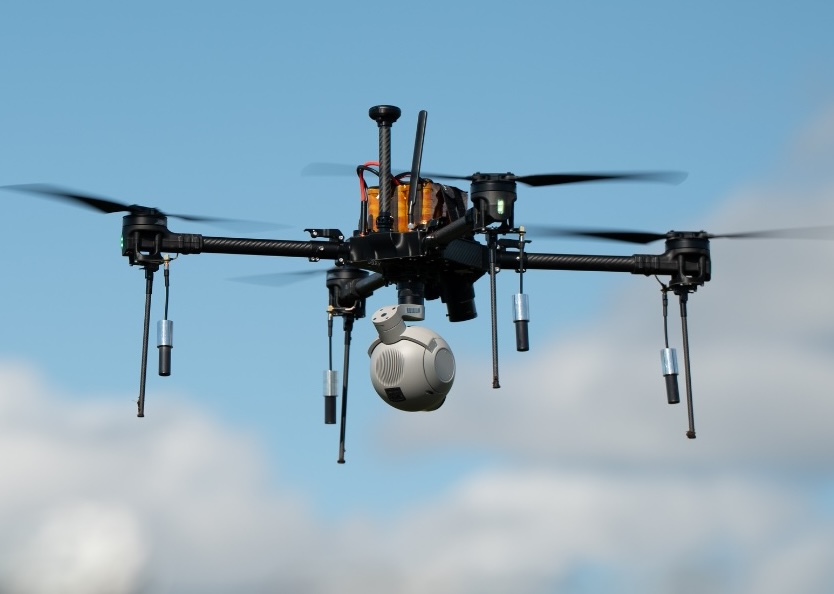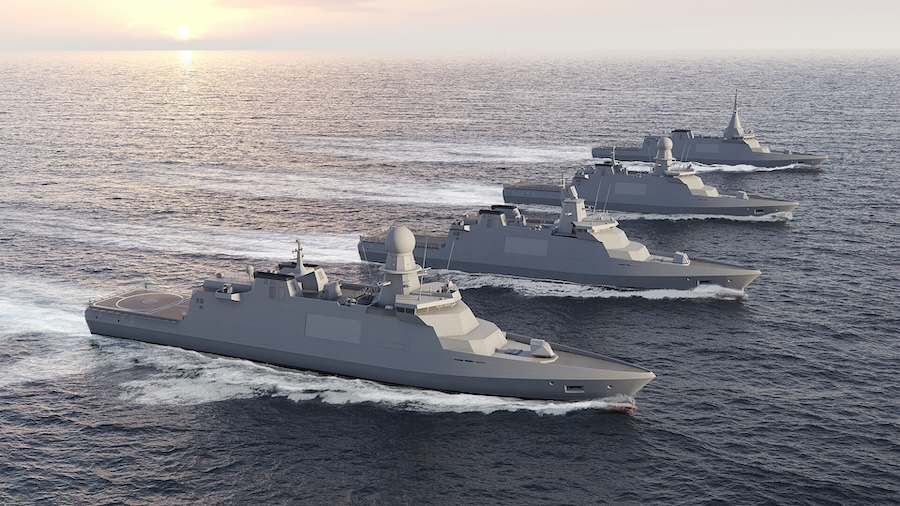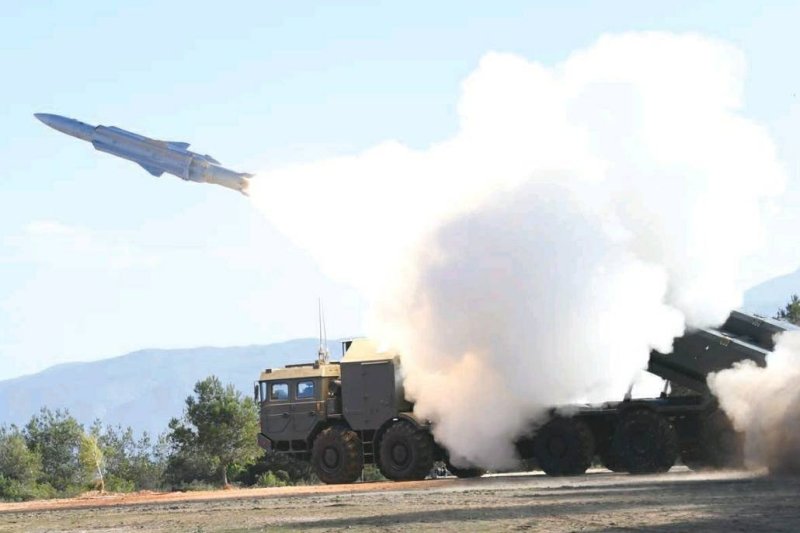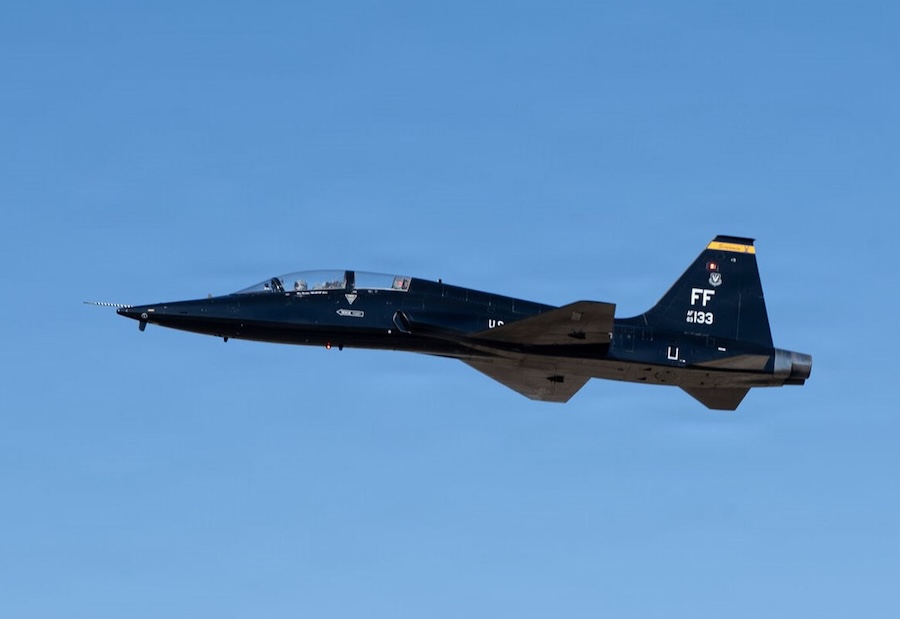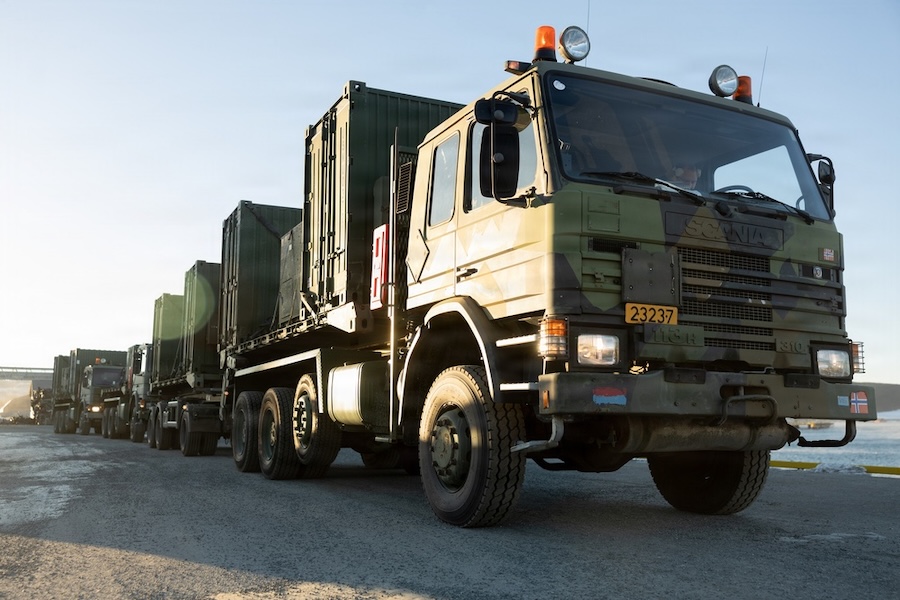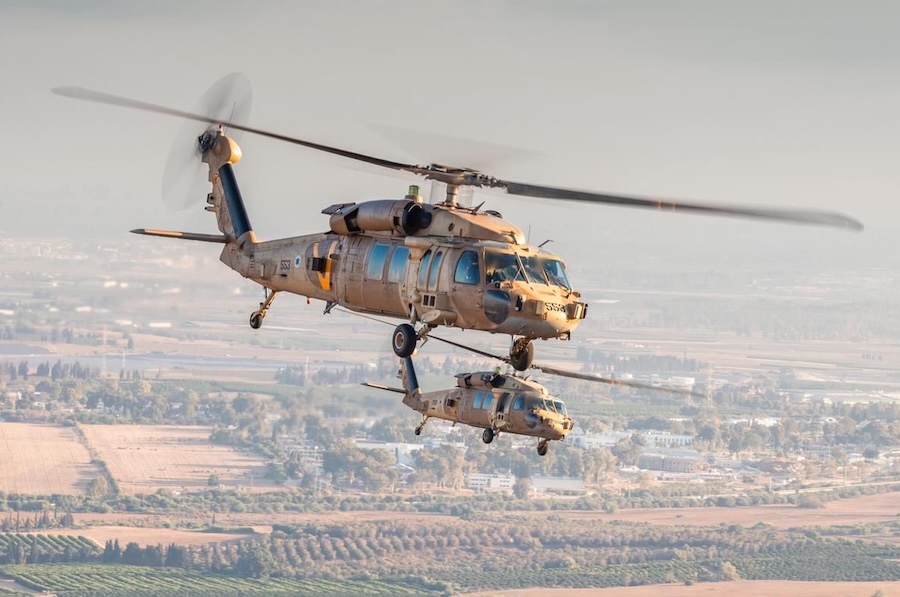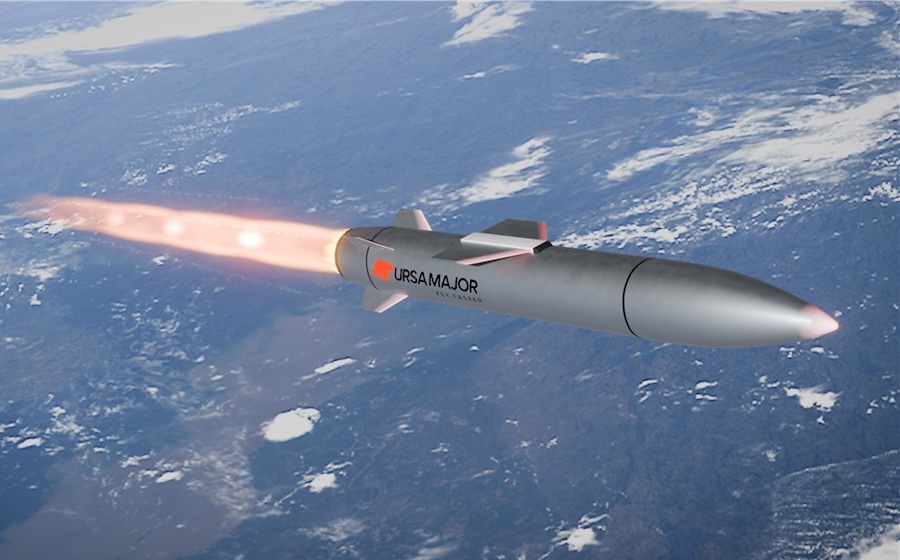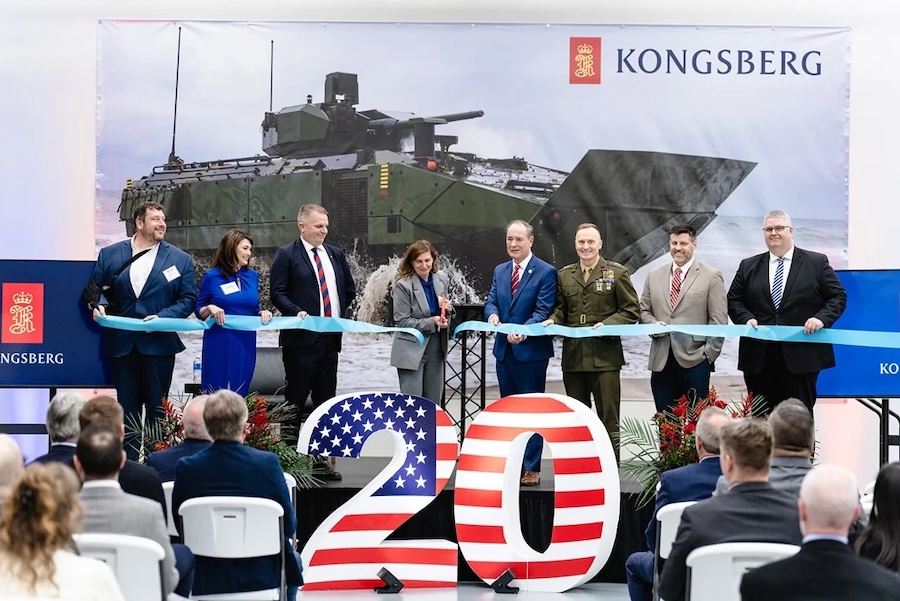According to Semion, Director for Europe at SK Group, demand is especially strong among countries situated along NATO’s eastern flank, where the rise in unmanned aerial threats has prompted a search for scalable and readily available countermeasures.
“European armed forces are looking for reliable solutions that can be delivered quickly, integrated easily, and used effectively under stress,” said Semion. “ARBEL meets all of these criteria. It’s a field-tested system that enhances the performance of standard small arms without requiring platform changes, special optics, or extensive training. From a cost and logistics perspective, it offers a very attractive proposition.”
ARBEL is an intelligent fire control system (IFCS) that integrates directly into AR-15-style rifles and light machine guns by replacing the lower receiver with an upgraded module. The system consists of a microprocessor, motion sensors, a trigger sensor, a control unit, and a rechargeable, field-replaceable battery. Once installed, it enables the rifle to autonomously manage follow-up shots after the first round is fired, calculating the optimal moment to discharge each subsequent round based on the shooter’s micro-movements.
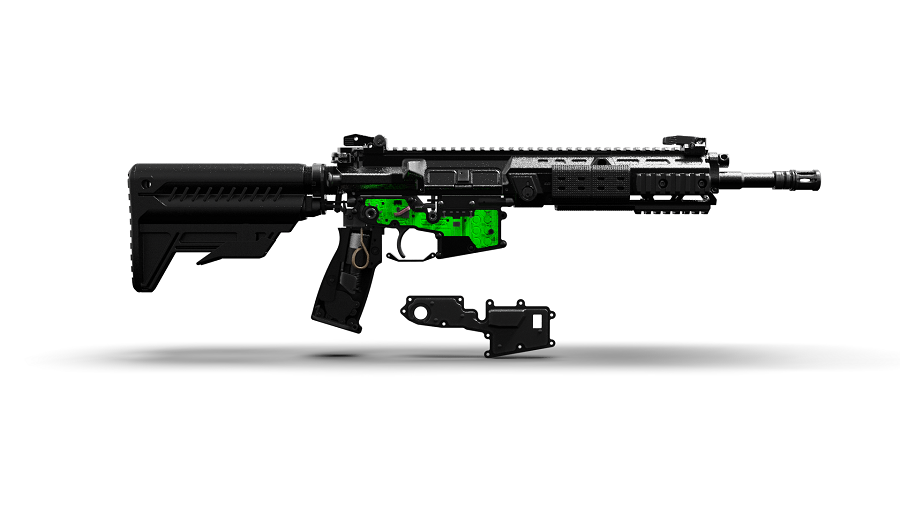
The operator retains full manual control of the first shot. While the trigger remains engaged, ARBEL tracks movement in real-time and releases rounds only when the probability of a hit is highest. This feature enables more accurate and consistent shooting, especially in combat conditions where stress, fatigue, and time constraints reduce effectiveness.
One of the key advantages of ARBEL is that it does not depend on any specific optic to function. It is fully compatible with existing sight configurations, including iron sights, red dot optics, LPVOs, night vision, and thermal imaging devices. The system is designed to be optic-agnostic, allowing the user to operate with their preferred setup.
Importantly, the system adds less than 400 grams to the weight of the weapon and requires no changes to the upper receiver or ammunition. ARBEL introduces an additional safety selector position but retains all existing firing modes. If the battery is depleted, the rifle continues to function as a standard semi-automatic weapon.
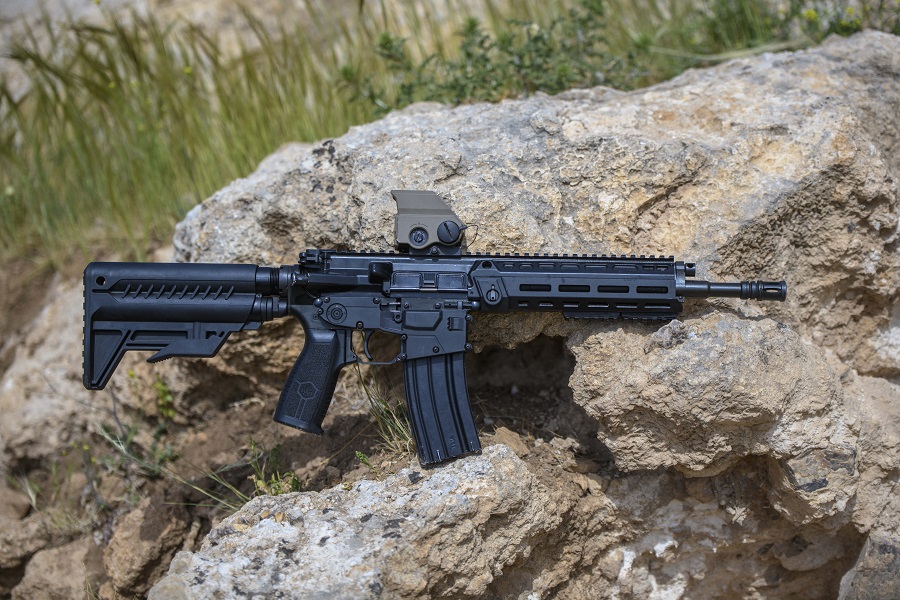
These design choices make the ARBEL particularly suitable for rapid field integration. Units can convert their existing rifles at the field level with minimal disruption, enabling forces to expand capability without waiting for long procurement or retraining cycles.
Beyond improved accuracy, ARBEL also enables a new operational capability: short-range drone interception. In live fire tests and operational use, the system has demonstrated the ability to engage small aerial targets at ranges of up to 450 metres during daylight and 250 metres at night. The combination of high-speed sensor analysis and optimised shot timing allows soldiers to track and engage fast-moving, erratic targets with higher consistency than traditional trigger control methods would permit.
This capability addresses a growing concern among European militaries—the proliferation of commercial and improvised drones in both reconnaissance and direct-attack roles. ARBEL offers an accessible way to increase front-line units’ defensive capability without the need for dedicated counter-UAS platforms or costly standalone systems.
“Instead of rearming entire formations with new systems, ARBEL allows armies to upgrade what they already have,” said Semion. “It turns a standard rifle into a far more capable tool—both in terms of ground combat and air threat response.”
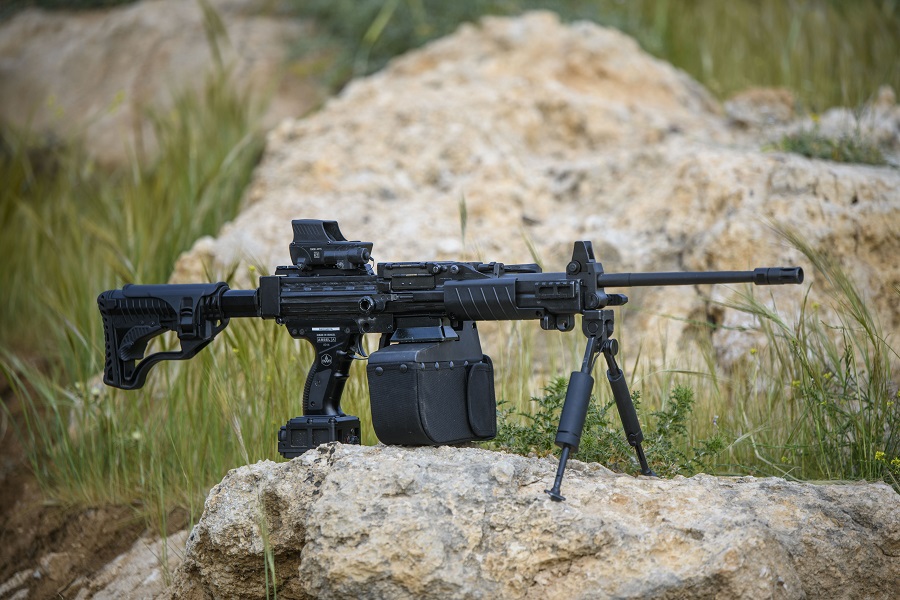
According to IWI, several European forces have already begun evaluating the ARBEL system, and discussions are ongoing with multiple defence ministries. With its readiness for production and logistical infrastructure already in place, IWI says it is prepared to meet rapid delivery requirements.
“Speed of delivery is now just as important as performance,” he added. “ARBEL is not a future capability—it is available now, tested, and in production. That is a key advantage in the current procurement environment.”
Israel Weapon Industries, with decades of experience in manufacturing and supplying small arms to NATO and allied forces, sees ARBEL as a next-generation enhancement that fits seamlessly into modern infantry operations. By combining minimal logistical footprint with measurable battlefield impact, the system represents a practical and forward-looking approach to infantry fire control.





